Pakistan Negotiates Domestic, International Water Disputes
Pakistan’s Punjab and Sindh provinces disagree on water flows while a farmers’ union wants the Pakistani government to address India’s dam building.
Pakistan’s Indus River System Authority will discuss the Sindh province’s accusation that Punjab province is stealing its water on Thursday at its advisory committee meeting, the Daily Times of Pakistan reports.
Persistent drought has left the country with 30 percent less irrigation water than average for the spring crop. Meanwhile representatives from the Sindh government have accused their Punjabi counterparts of diverting more water than they are allocated. But officials in Punjab, which is situated upstream of Sindh in the Indus Canal System, argue that the water deficits come from high system losses.
Pakistan doesn’t have a national monitoring system for canal water flow, making verification of the claims more difficult.
The Indus Basin irrigation system is the largest in the world, with the Pakistani system including 12 river-linking canals and 45 main irrigation canals. Pakistan shares the system with India through a 50-year-old treaty that divides control of the Indus tributaries between the two countries.
And critics in Pakistan are complaining that drought conditions are exacerbated by new dams being built in India.
The president of the farmers’ organization Muttahida Kisan Mahaz criticized the government’s silence over India dams and promised peaceful protests throughout the spring, Dawn reports.
India has already completed the Baglihar dam on the Chenab River-–a tributary of the Indus granted to Pakistan through the 1960 treaty. However, India does have the right to construct a run-of-the-river dam, a model that doesn’t create a large reservoir. But dam opponents in Pakistan are accusing India of planning to hold back more water than is allowed.
A new dam under construction on the Chenab–-the Swalkot-–has also raised anger, especially given its location in contested Kashmir.
Pakistan’s the Nation newspaper ran an editorial this week calling India’s dam projects “water terrorism.”
Acute shortages from dams and drought are severely affecting Pakistan’s farmers. A survey in December 2009 by the Punjab Agriculture Department determined that 50 percent fewer crops were planted during the autumn season, the Nation also reported.
Meanwhile there is also some concern that radical Islamic groups will use water shortages and the government’s perceived inaction as a recruiting tool, according to a report from the National, an Abu Dhabi newspaper.
Source: Daily Times, Dawn

Brett writes about agriculture, energy, infrastructure, and the politics and economics of water in the United States. He also writes the Federal Water Tap, Circle of Blue’s weekly digest of U.S. government water news. He is the winner of two Society of Environmental Journalists reporting awards, one of the top honors in American environmental journalism: first place for explanatory reporting for a series on septic system pollution in the United States(2016) and third place for beat reporting in a small market (2014). He received the Sierra Club’s Distinguished Service Award in 2018. Brett lives in Seattle, where he hikes the mountains and bakes pies. Contact Brett Walton

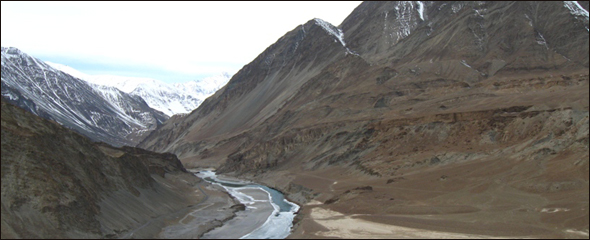

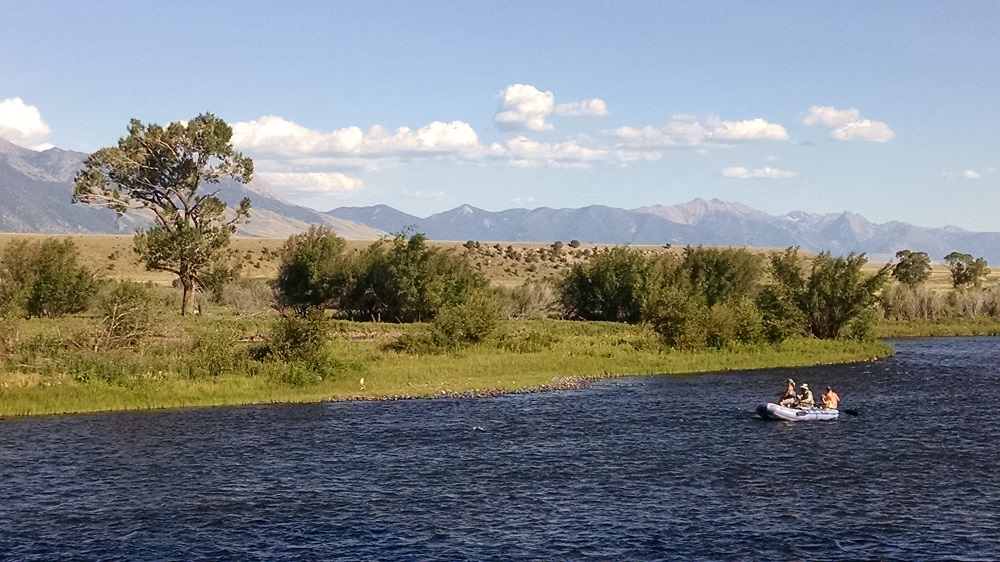
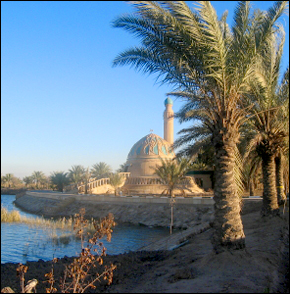
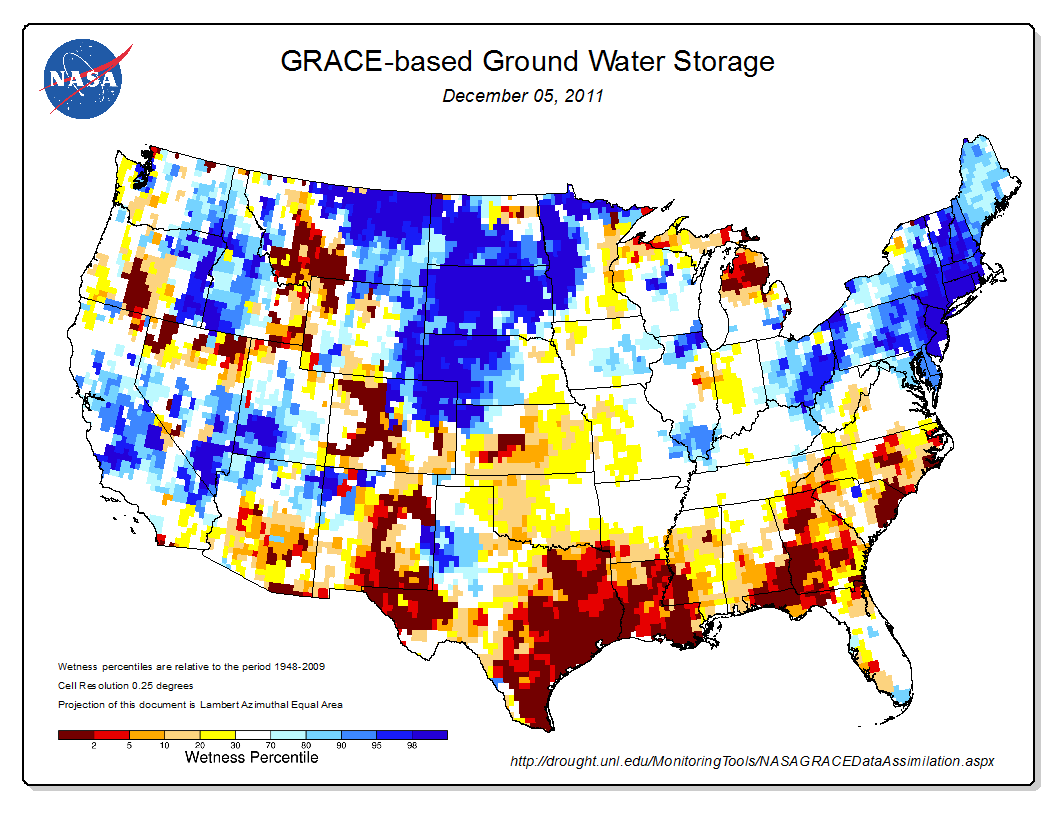

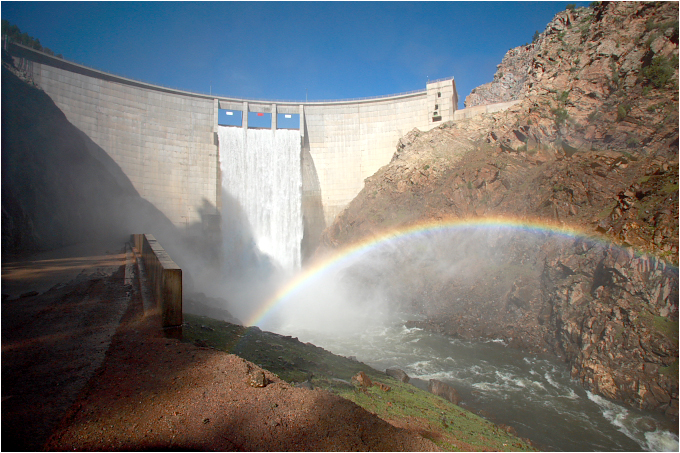
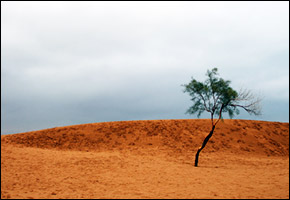



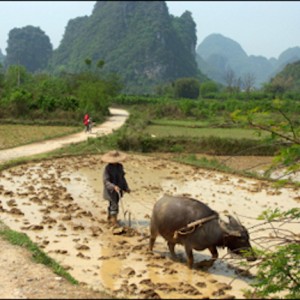
Leave a Reply
Want to join the discussion?Feel free to contribute!